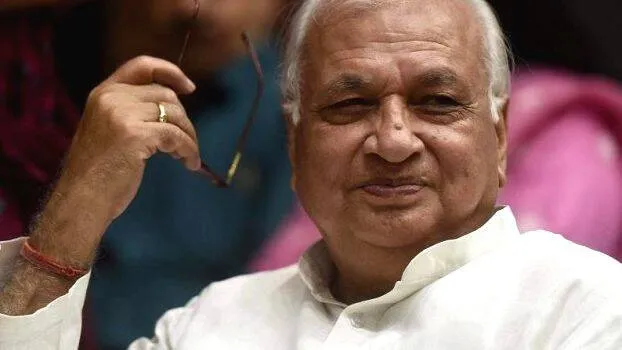

THIRUVANANTHAPURAM: The governor may send the bill to curtail the powers of the Lokayukta to the President.
The bill has amended Section 14 which allows the Lokayukta to decide that public servants are unfit to hold official positions if their corruption is proven. This is how KT Jaleel had to resign as a minister in the case of nepotism. If the bill becomes law, if the Lokayukta adjudges someone corrupt, then the chief minister, the assembly and the appointing authority can take the opposite decision. The appellate power of the governor will also be abolished. If there is a Lokayukta judgment against the Chief Minister, the appellate authority will be the Legislative Assembly and not the governor. The appellate authority will be the Chief Minister in judgments against ministers and the Speaker in judgments against MLAs.
The governor assessed that the existence of the Lokayukta would be threatened if the bill becomes law. The Lokayukta's order can be rejected by a majority in the Assembly. The Lokayukta can also be used as a weapon to hunt down the opposition. The Lokayukta Bill was introduced in the House in 1999 after obtaining the President's assent. The governor's stand is that the President's approval is also required for the amendment.